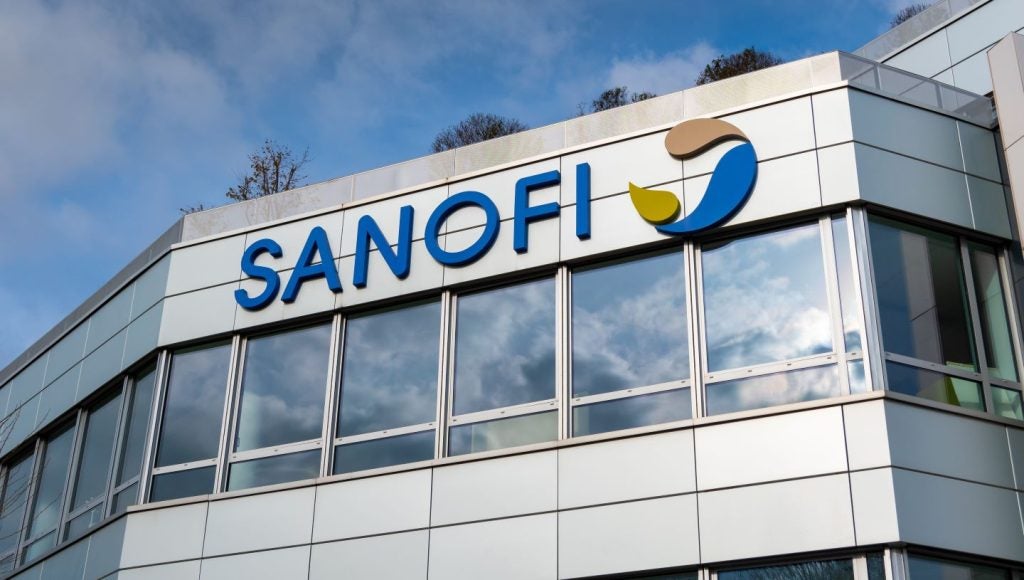French pharmaceutical company Sanofi has announced positive results from a Phase II trial of its investigational anti-CD40L antibody, frexalimab.
In the trial, the drug was found to reduce brain lesions in patients with relapsing multiple sclerosis (MS).
Frexalimab is designed to address both acute and chronic neuroinflammation in MS without causing lymphocyte depletion.
The drug is being developed by Sanofi under an exclusive licence from ImmuNext.
Part A of the double-blind, randomised, placebo-controlled trial tested high and low doses of frexalimab against a placebo in a 4:4:1:1 ratio over 12 weeks.
A decline in the number of new gadolinium-enhancing (GdE) T1 MRI brain lesions at week 12 was the trial’s primary endpoint.
Its secondary endpoints were further MRI-based efficacy measures and the tolerability, safety and pharmacokinetics of frexalimab.
After 12 weeks of initial treatment, participants on placebo transitioned to the frexalimab arms for the open-label Part B, which is currently in progress.
The data revealed 89% and 79% reduction in new GdE T1 brain lesions at week 12 in the high-dose and low-dose treatment arms respectively compared with placebo, meeting the primary endpoint.
Both doses also reduced new or enlarging T2 lesions, which was a secondary endpoint of the trial.
The effects on the primary endpoint were sustained over time, with a greater reduction seen in the high-dose frexalimab treatment arm, as 96% of participants did not have any new GdE T1-lesions by week 24.
Frexalimab was found to be well-tolerated, with Covid-19 and headache being the most common adverse events (≥5%) in any treatment group.
Sanofi has now begun Phase III clinical trials of frexalimab in relapsing MS and non-relapsing secondary progressive MS.
Earlier this month, Sanofi Vaccines signed a deal with clinical trial solutions provider Medidata to use its electronic clinical outcome assessment (eCOA) in vaccine studies.















